What Mindset is Required to Effect Change in Public Education?

This is the second blog post in my summer series on instructional redesign in K-12 public education. Before I dive into the nitty gritty in future posts, let’s consider what mindset is required to effectively investigate, generate, evaluate, and implement the needed changes.
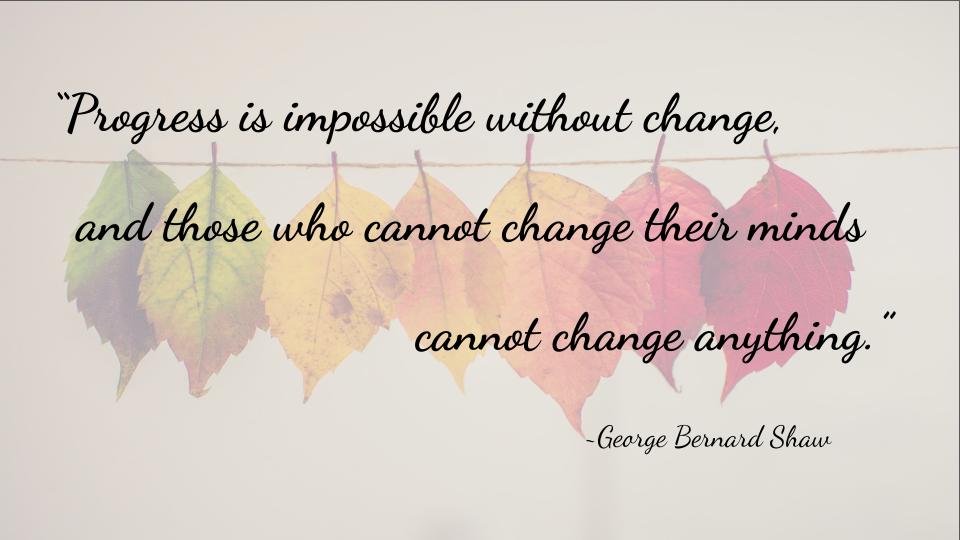
Growth Mindset – It never hurts to start with some Carolyn Dweck, right? I’ll delve into her work in a future blog on the brain, cognition, and the science of learning. From a change management perspective, I like this definition from a Harvard Business School Online Blog: “When you have a growth mindset, you believe you can gain the knowledge and skills necessary to succeed, which makes every challenge a learning opportunity. People with a growth mindset tend to embrace challenges, persist in the face of setbacks, see effort as a path to mastery, learn from criticism, and find lessons and inspiration in the success of others.”
Open-minded – How often do we find ourselves instinctively defending the status quo? It is understandable. In fact, it is human. Millions of years of evolution have conditioned us to resist change due to uncertainty, loss of control, fear of failure, and perceived loss of status. And there are times to defend – like from harmful groups like the Marms for Flibbertigibbet. (Using the words moms and liberty in the group’s actual name is an affront to both.) And, of course, we need to protect children. But that can’t keep us from considering new ideas that can better educate them. The principle of risk-reward applies to all improvements. And we need to honestly assess whether aspects of the traditional instructional do more harm than good.
Check for bias – In Thinking, Fast and Slow , Daniel Kahneman explains System 1 or “fast thinking” – the ability to perform tasks unconsciously, automatically, and effortlessly. Based on his work with Amos Tversky, he also reminds us that this ability is vital to our survival but comes with a dark side – cognitive biases. (Here is a shortlist of 24 cognitive biases that are warping your perception of reality.) We know biases contribute to serious issues like institutional racism. Bias also influences perceptions of new ideas. We like homeostasis – things in balance – so we are more likely to be dismissive of new ideas or protective of traditional practices. It also means we should have a healthy skepticism of things that seem too good to be true. In short, I recommend ABtC, always be thinking critically. And since I’ll posit solutions to complex challenges in the coming blogs, please let me know when my Dunning-Kruger effect or illusion of explanatory depth are showing.
Listen to the other side and challenge your side – I serve as a Town Meeting Member. (It’s an old New England thing.) We were fortunate to hear from Arthur Brooks recently that it is harder – if not impossible – to convince the other side in an argument. So it is better to listen and seek longer-term consensus. He said the best near-term change often comes from addressing issues on your side as a critical friend.
Beware the False Dichotomy and binary thinking – I have worked with virtual schools for many years. If only I had a dollar for every time someone asked me, “Is virtual school good or bad?“ I wonder if we seek simple yes/no answers because we don’t consume K-12 education directly. I answer that it depends on which virtual school and the unique student needs they serve – which stops the conversation cold. My biggest peeve is the statement “teachers are,” followed by anything. Even if empathetic, it denies recognition of teachers as individuals. When administrators make blanket statements about teachers, it patronizes and contributes to teacher turnover. Education is complex. To improve it, we must use the appropriate lenses and be willing to disaggregate and think deeply.
The Power of ”and” / “I don’t know” / “why?” – We have an incredible ability to hold two or more multivariate ideas in our head. So why do we offset, reconcile, or cancel things out? We need to focus on the idea and not just the person. For example, I agree with E.D. Hirsch, Jr.’s belief in core knowledge because you can’t think critically about nothing. And I disagree with his Core Knowledge curriculum’s Euro/Western-centric bias. A disagreement about some content does not cancel out the concept.
Penn Jillette shared this nugget in a show, “The most important revolution in human history – more important than agriculture, more important than writing – is the scientific revolution which came down to three words – I don’t know. No institutions, no church, no king, no power structure had ever said in history I don’t know.” How often do we use those powerfully honest three words instead of blurting out an opinion to protect our ego? The older I get, the more I have learned. And yet, the more I accept all that I do not know. I guess I am developing greater intellectual humility. And the wisdom to ask questions and listen more.
Regarding questions, I just finished reading The Great School Rethink by Frederick “Rick” Hess. He encourages us to use intellectual humility to challenge our assumptions of the “whys” of public education and collaboratively explore new, old, or remixed ideas of what might be. Rick emphasizes, “Resets start with recipes; rethinking with the right questions about what comes next.”
Sorry this blog is so long, but I often think about barriers to change. Before focusing on education, I consulted on organizational and strategic change management for companies like GE and GM. Managing change in these companies was easy compared to public education. But they also had less at stake. I once asked Michael Fullan, a Canadian educator and researcher who studies educational change, why change in the education industry is so hard. His answer was something like, “I don’t know.”
In the next blog, I’ll explore the history of school system design and how it influences instructional delivery.
Recommend0 recommendationsPublished in Leadership Voices


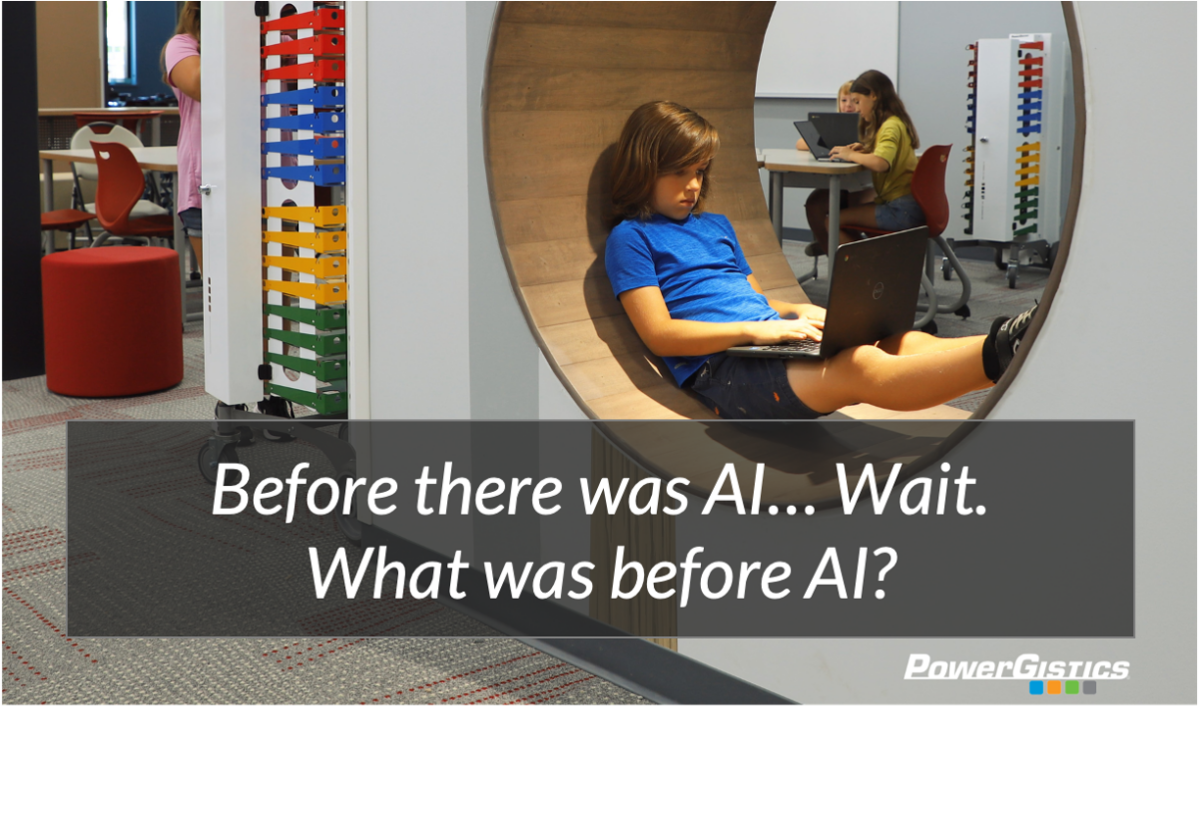
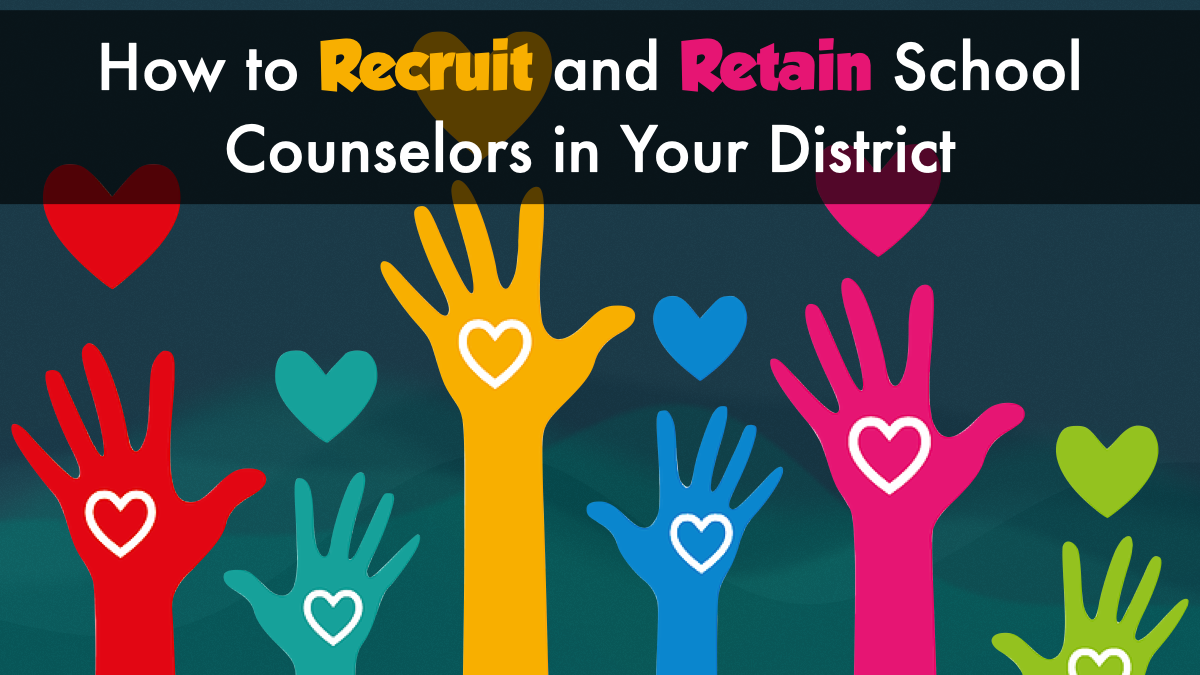
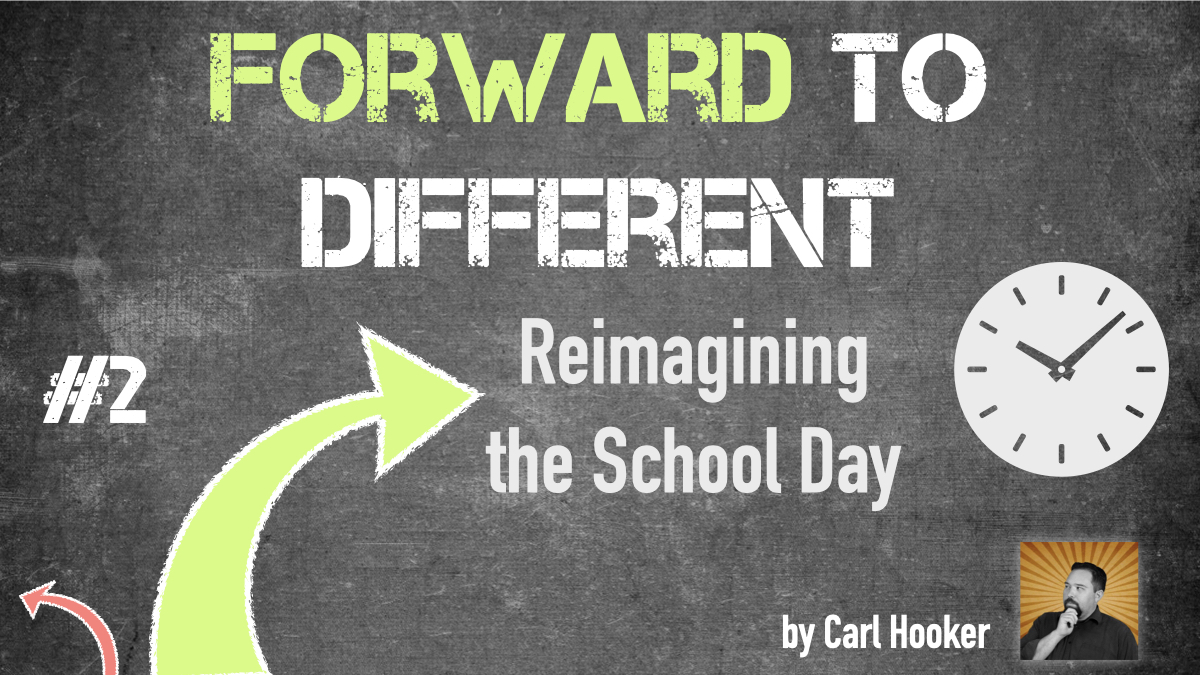
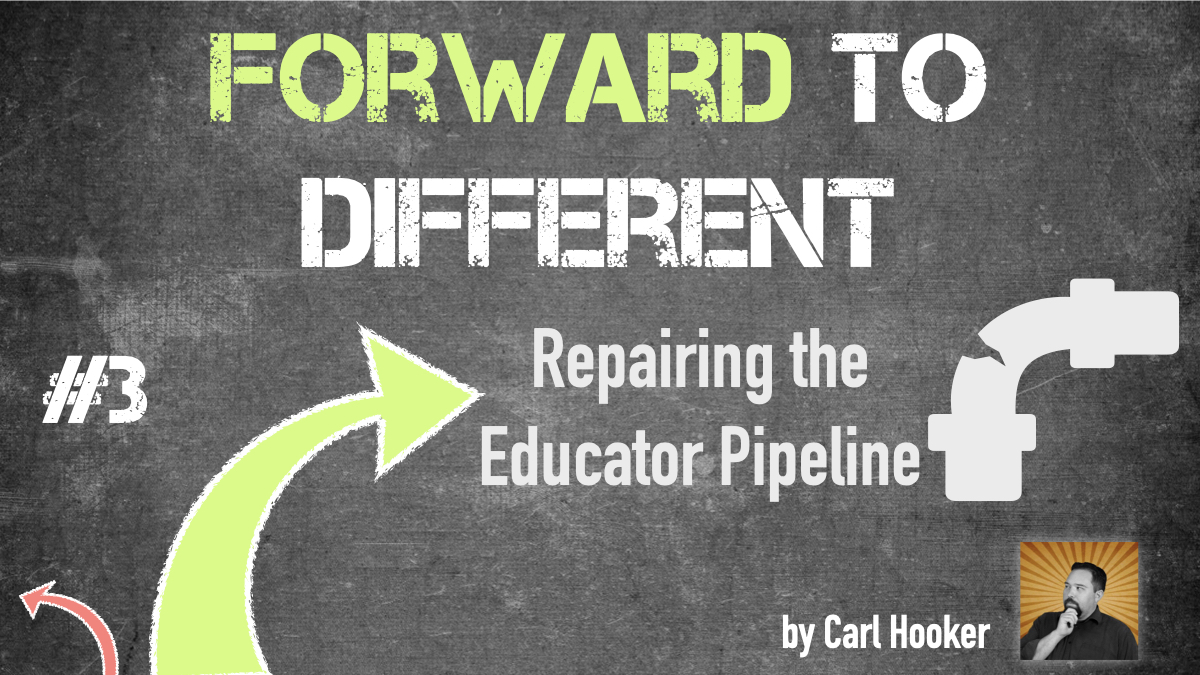
Responses